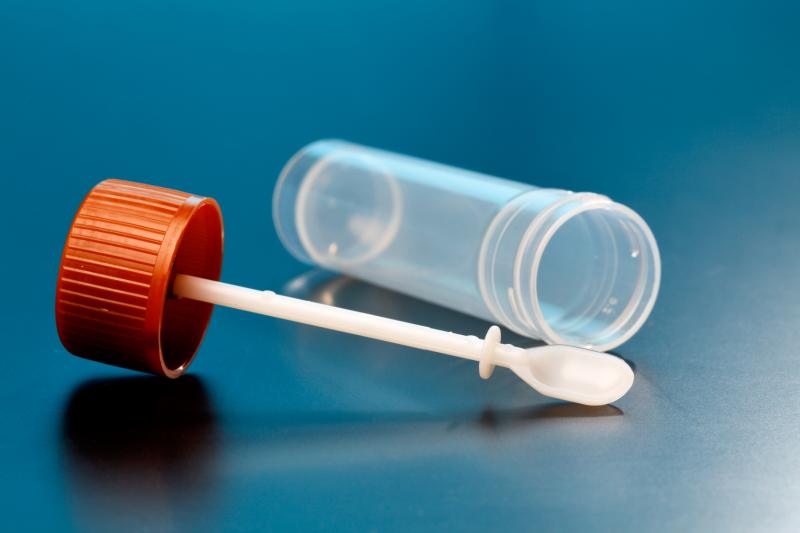
Most patients with recurrent Clostridioides difficile infection (rCDI) experience long-term cure after faecal microbiota transplantation (FMT), reports a study that claims to be the largest and longest investigation on the safety and efficacy of FMT for rCDI treatment.
“Although a number of new conditions developed post-FMT, there was no clustering of diseases associated with dysbiosis,” the researchers said.
To examine the long-term efficacy and safety of FMT for the treatment of rCDI, a multicentre retrospective study was conducted on patients with rCDI who were unresponsive to standard medical therapy. Participants were treated with FMT with ≥6 months of clinical follow-up after the procedure.
The researchers contacted the patients to document sustained efficacy, potential adverse events, and antibiotic exposure. Then, they reviewed the electronic medical record to confirm patient-reported outcomes and obtain additional data. Sustained cure, defined as the absence of CDI at any timepoint after FMT, was the primary outcome.
A total of 528 patients received FMT, but only 207 were successfully contacted over a mean follow-up of 34 months (range, 6–84 months) post-FMT. Fifty-two (9.8 percent) had died at the time of follow-up contact, but none were considered FMT-related. Of the 207 patients, 157 (75.8 percent) reported sustained cure at the time of follow-up.
Use of antibiotics for non-CDI indications post-FMT was reported by 100 patients (48 percent), of whom 11 (11 percent) had experienced CDI after the procedure. Nearly half of the patients (n=105; 50.5 percent) reported new medical conditions or diagnoses post-FMT, and 15 reported improvement in previously diagnosed medical conditions following FMT.